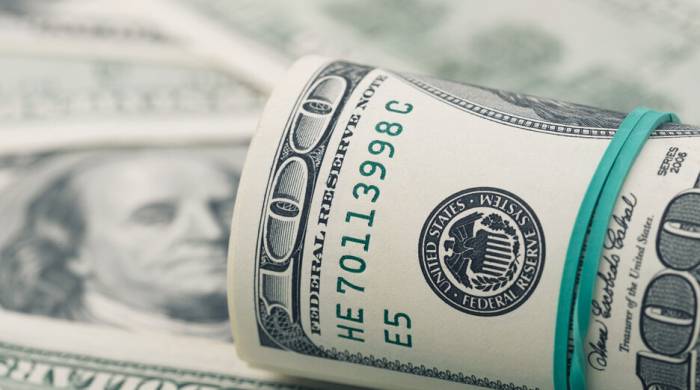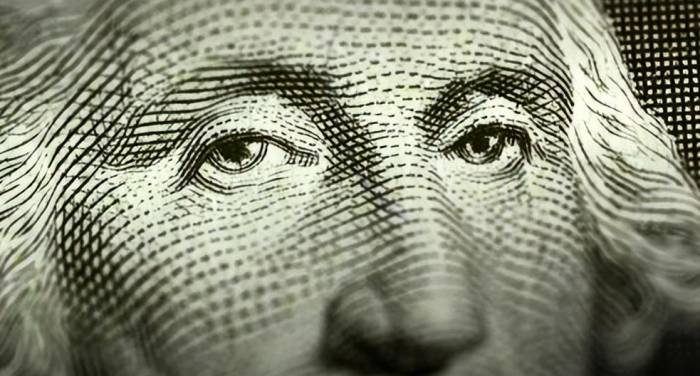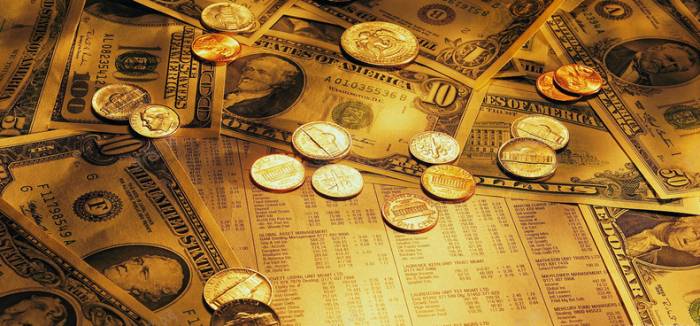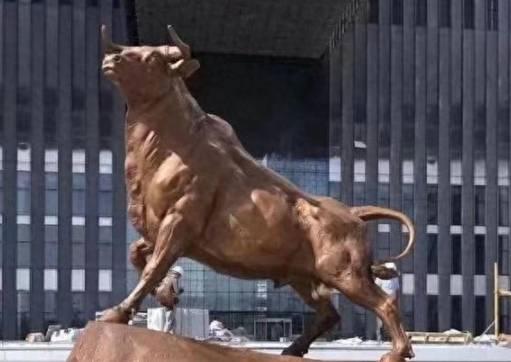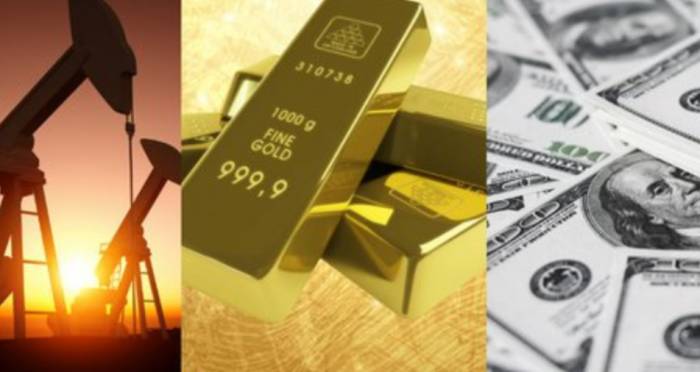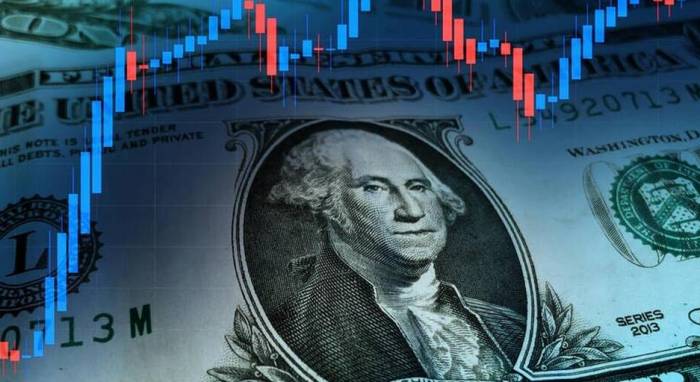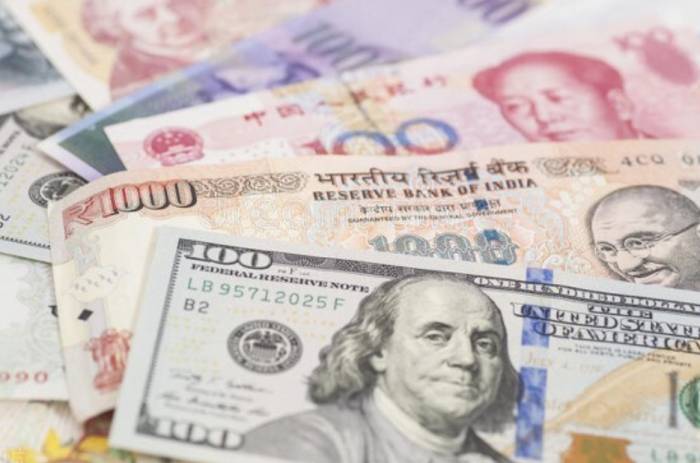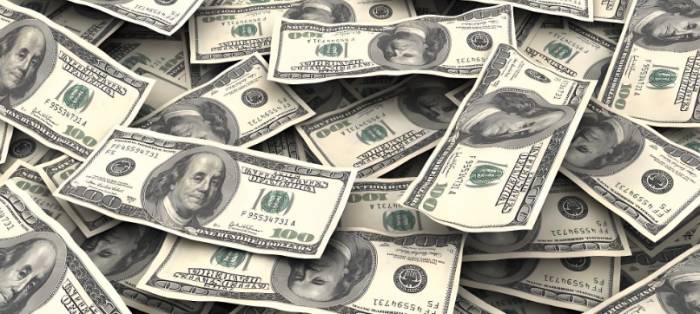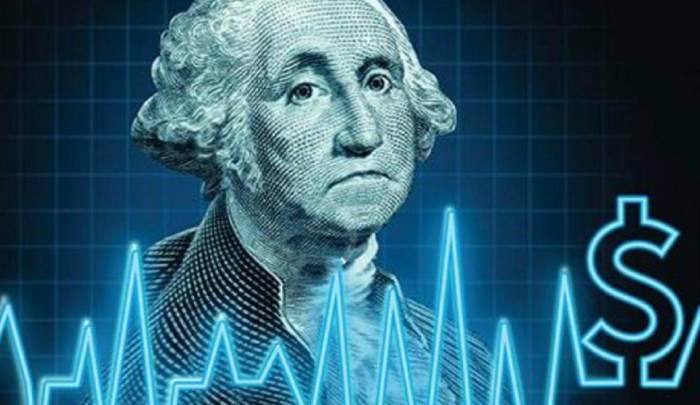"The US dollar has been cut, has the United States already raised the white flag? Don't rush to conclusions, this financial war without smoke has just finished warming up!"
The US dollar rate cut has become a hot topic for everyone to discuss after dinner. Some people clap and cheer, saying that the United States has finally stumbled; others, however, frown and think this is just the prelude to the financial war. What secrets are hidden behind this US dollar rate cut? Is it really like what some people say, that the United States has lost miserably?
Recently, I received two completely opposite types of messages. The first type of message said, where is there any financial war, we are all making a fuss. These people made two common sense mistakes.
One was vividly demonstrated in the 1997 Asian financial storm. That storm not only swept through the entire Asian economic system but also staged a thrilling battle on the Hong Kong financial market, the intensity of which is still chilling and has become an unforgettable classic case in the hearts of countless people.
As an Asian financial center, Hong Kong's status at that time was much more important than it is today. If it were breached, the consequences would be unimaginable. In the past two years, many economists have been discussing the financial war between China and the United States, and you actually say it doesn't exist? Are you from some village in the United States?
Another financial war often transcends the intuitive confrontation. The US authorities cleverly use their dominant position of the US dollar to carefully weave an invisible "momentum". This "momentum" is not ostentatious and does not directly point to a clear target, but it contains tremendous energy in the undercurrent.
At critical moments, this force can be like a sharp blade, quickly and accurately harvesting the market, showing the profound power and strategic nature of the financial war. If you think the financial war is like a trade war with tariffs on the surface, then you are wrong. Often you haven't reacted yet, and the war is over.
When it comes to the US dollar rate cut, many people's first reaction is: "Haha, the United States can't hold on!" But is the truth really that simple? The Federal Reserve's operation this time, the first round of rate cuts by 50 basis points, seems to be a large range, but it actually hides subtleties.
Experts have said that this is just a bait thrown out by the Federal Reserve. The purpose, of course, is to lure other major central banks to follow suit in rate cuts, so that the interest rate difference of the US dollar in the global market remains advantageous and prevents funds from fleeing too quickly. Old man Powell also sold a mystery at the press conference: "The road to rate cuts is still long, let's see!"Japan, in an attempt to stimulate its economy, played the game of "zero interest rates" and even "negative interest rates." However, what was the outcome? Dollar capital swarmed in like bees smelling honey, yet the Japanese economy stubbornly failed to be revived and was instead sheared of a wave of wool. Therefore, do not underestimate the 50 basis point rate cut; the calculations behind it are profound!
Quantitative tightening is harsher than rate cuts, and the dollar is still "slimming down."
Not harsh enough with rate cuts? Then try quantitative tightening! Comrade Powell, while cutting rates, also emphasized that the Federal Reserve will continue to reduce its balance sheet. This is no joke; in simple terms, quantitative tightening means directly withdrawing base money from the market, which is even more severe than rate cuts. Imagine the feeling of your money slowly diminishing and the money in the market also decreasing—doesn't that tightness make one anxious?
Statistics show that since the Federal Reserve began quantitative tightening in 2017, the balance sheet has shrunk from a peak of $4.5 trillion to about $3.7 trillion today. What does this mean? It means that although the dollar has lowered interest rates, liquidity has not increased significantly and may even tighten further due to quantitative tightening. So, to say that the United States is flooding the market is truly a misunderstanding.
The interest rate differential remains, and the war is far from over.
The interest rate differential is a sword, the Sword of Damocles hanging overhead.
Despite the dollar lowering interest rates, the interest rate differential with other major global currencies is still substantial. Especially with our renminbi, the interest rate differential is as high as over 3%. What does this mean? It means that dollar capital still has a strong allure in the global market, and once there is the slightest disturbance, these funds could flow back to the United States at any time, catching other countries off guard.
The People's Bank of China takes action, with stability as the priority.
New central bank policy, targeted liquidity injection shows wisdom.
Faced with the dollar rate cut, the central bank did not blindly follow suit but adopted a more prudent strategy—targeted liquidity injection. What does this mean? It means money is not scattered indiscriminately but is precisely allocated to areas of the economy that urgently need it, such as small and micro enterprises and the manufacturing industry. This not only stimulates the economy but also avoids excessive capital inflow into speculative areas like real estate, achieving a win-win situation.According to the latest data from the central bank, this year, more than trillion yuan of liquidity has been injected into the market through various means such as reserve requirement ratio cuts, re-lending, and rediscounting. Most of these funds have flowed into the real economy, effectively alleviating the difficulties and high costs of corporate financing.
I believe everyone has a deeper understanding of concepts such as US interest rate cuts and financial wars. Remember, financial warfare has never been a game of quick victory, but a protracted war, a war of attrition, and a psychological war. Although the United States has lowered interest rates, it does not mean they have lost; similarly, we have not won at the starting line. The real contest has just begun.
"The road ahead is long and has no ending; yet high and low I'll search with my will unbending." On this financial path full of uncertainties, both the United States and China need to maintain a clear mind and a firm pace in order to ultimately win this war without smoke.
What do you think of this financial war? Do you think the United States has shown signs of fatigue, or do you believe this is just the calm before the storm?


